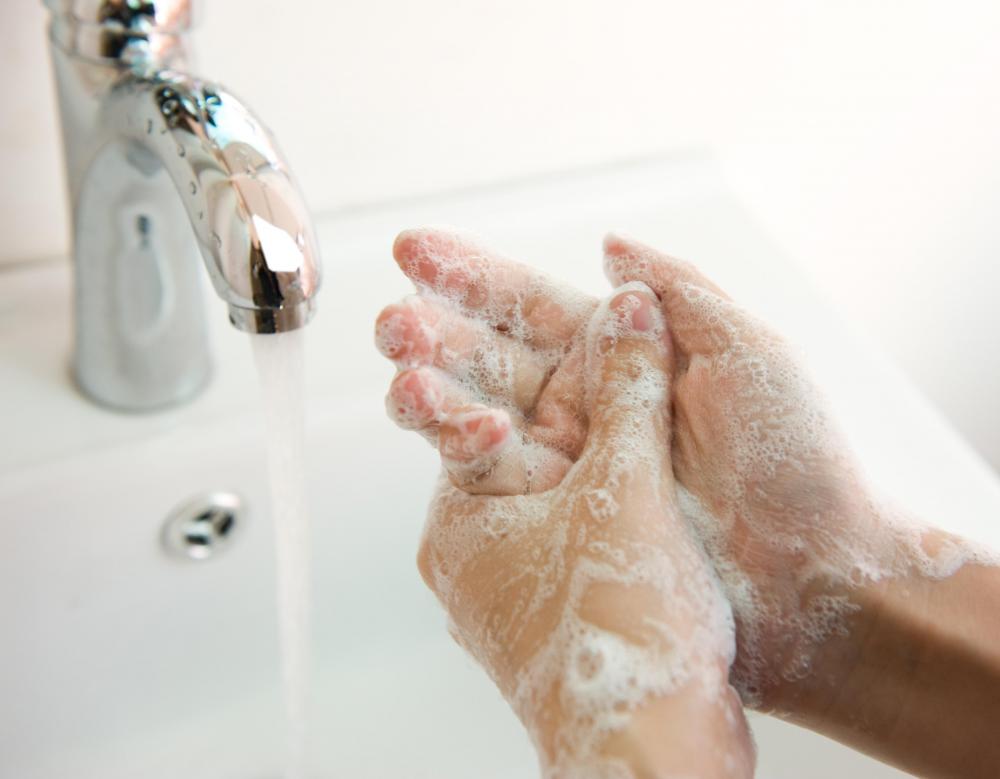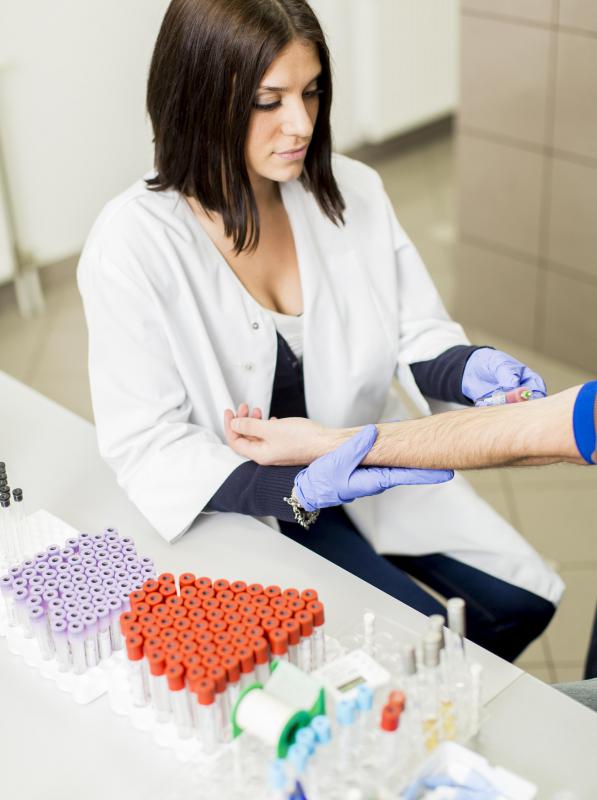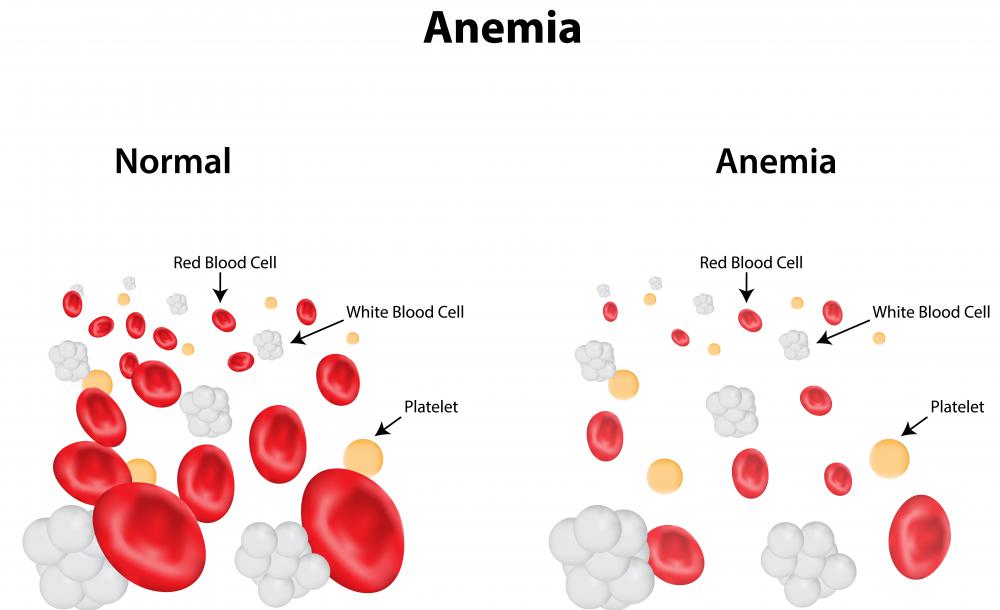At TheHealthBoard, we're committed to delivering accurate, trustworthy information. Our expert-authored content is rigorously fact-checked and sourced from credible authorities. Discover how we uphold the highest standards in providing you with reliable knowledge.
What Is Koilonychia?
Koilonychia, or spoon nails, is a nail disorder that usually results in nails becoming slim and concave. It can be caused by a variety of factors, the most common being trauma or iron-deficiency anemia. The most common signs of koilonychia are the brittleness and shape of the nails, but if it is allowed to get worse, the symptoms will generally progress likewise. Proper treatment for koilonychia depends largely on the source of the condition and may range from proper diet and self-care to specific therapy for a specific medical condition. In general, one can prevent acquired forms of koilonychia by maintaining nutritional health and avoiding external abuse of the nails.
This condition is most often associated with anemia, but koilonychia can actually occur as a result of any sort of iron deficiency, even if there is no anemia. Heavy trauma or malnutrition in general can also lead to the condition because koilonychia is more likely the softer and weaker the nails become. Other medical conditions can indirectly lead to this disorder, such as thyroid disorders, renal disease, or problems with circulation. The nail disease may also originate from occupational situations, such as a job or lifestyle that involves regular abuse of the nails or exposure to chemicals that will gradually cause them to become worn and weak. Congenital causes for the disorder include Nail-patella syndrome and LEOPARD syndrome.
Koilonychia generally starts with thin, concave nails that are weak or brittle. The nails may become yellow, develop ridges, and become susceptible to infection. As the condition worsens, the nails may suffer permanent damage or fall off completely.

Diagnosing the source of koilonychia usually involves seeing a specialist. If the root of the problem involves some type of malnutrition, then a change to a healthier lifestyle is usually recommended. In particular, iron supplements and foods rich in iron, such as beans or nuts, can complement a nutritional diet, but should be consumed according to the appropriate dosage. If the source is an underlying medical disease, then the primary treatment should depend on the disease. In addition, moisteners or emollients specifically for nails can be used throughout the day, but most often after showers or washing hands, and will help the healing process.

Individuals can reduce their risk of acquiring the nail disease by avoiding situations that would be destructive to the nails. Besides maintaining a healthy diet, individuals can avoid biting or picking at their nails. They can also avoid excessive usage of nail polish or nail accessories, and, for the feet, avoid shoes that put pressure on the toes. If their lifestyle involves activities that regularly cause damage to the nails, whether physically or chemically, gloves are usually the best preventative measure.
AS FEATURED ON:
AS FEATURED ON:


















Discuss this Article
Post your comments